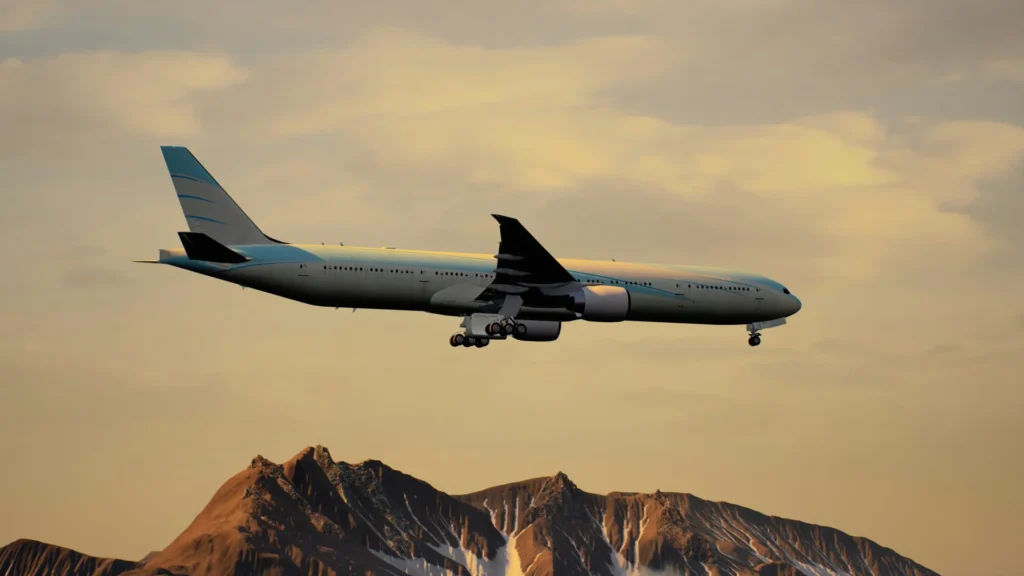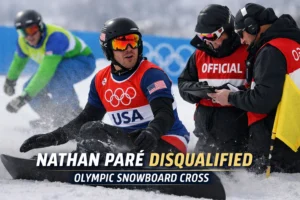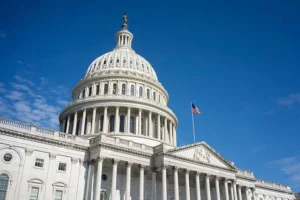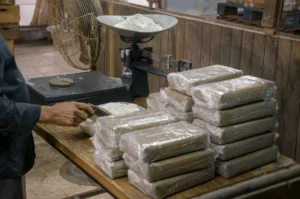The long-running bootlegger’s plane seizure case involving retired bush pilot Ken Jouppi may soon be considered by the US Supreme Court. In April 2012, Alaska State Troopers intercepted Jouppi’s Cessna before takeoff in Fairbanks, discovering his passenger’s luggage contained multiple cases of beer.
Investigators found three cases, including Budweiser and Bud Light, destined for Beaver, a community that outlawed alcohol importation, possession and sales eight years earlier. Authorities charged Jouppi with bootlegging, and prosecutors sought to permanently seize his $95,000 airplane as part of the resulting criminal penalty.
He was convicted of a misdemeanor, sentenced to three days in Jail, and ordered to pay a $1,500 fine. Initially, a trial judge rejected the state’s request to forfeit Jouppi’s plane, citing protections under the Eighth Amendment’s Excessive Fines Clause.
The state appealed, and in 2017, the Alaska Court of Appeals sided with the prosecutors, determining that forfeiture aligned with legislative intent against alcohol smuggling. The case reached the Alaska Supreme Court last year, where justices unanimously ruled the aeroplane’s forfeiture was not grossly disproportional punishment.
Justice Jude Pate explained that Alaska lawmakers emphasized strict deterrents against bootlegging given alcohol’s documented harms in rural communities across the state. Attorneys with the Institute for Justice recently petitioned the US Supreme Court to overturn the Alaska ruling.
They argue justices must decide whether courts should judge proportionality abstractly or consider the specific facts of an individual defendant’s conduct. The petition stresses conflicting interpretations between federal circuits.
The Eleventh Circuit’s abstract standard influenced Alaska’s decision, while the Ninth Circuit requires evaluating a violator’s particular actions. Advocates argue that the split justifies Supreme Court review to clarify constitutional protections against excessive fines and disproportionate government seizures. Despite the petition, experts caution that the chances remain slim. The US Supreme Court accepts about 1% of all cases annually. If the justices decline, the Alaska Supreme Court’s











